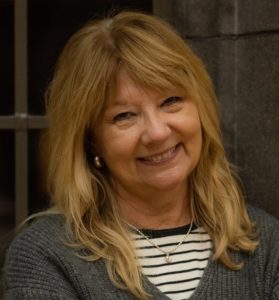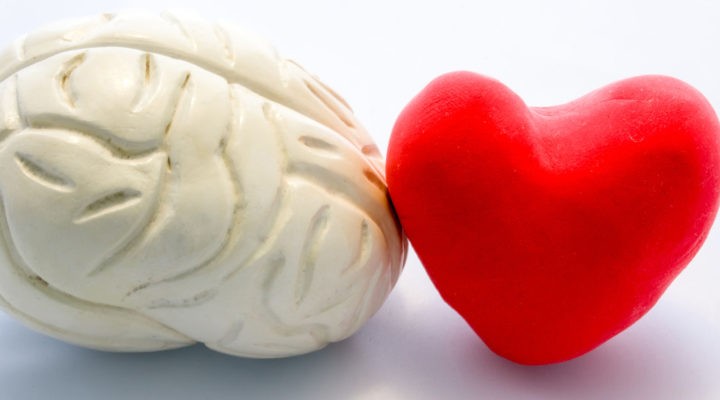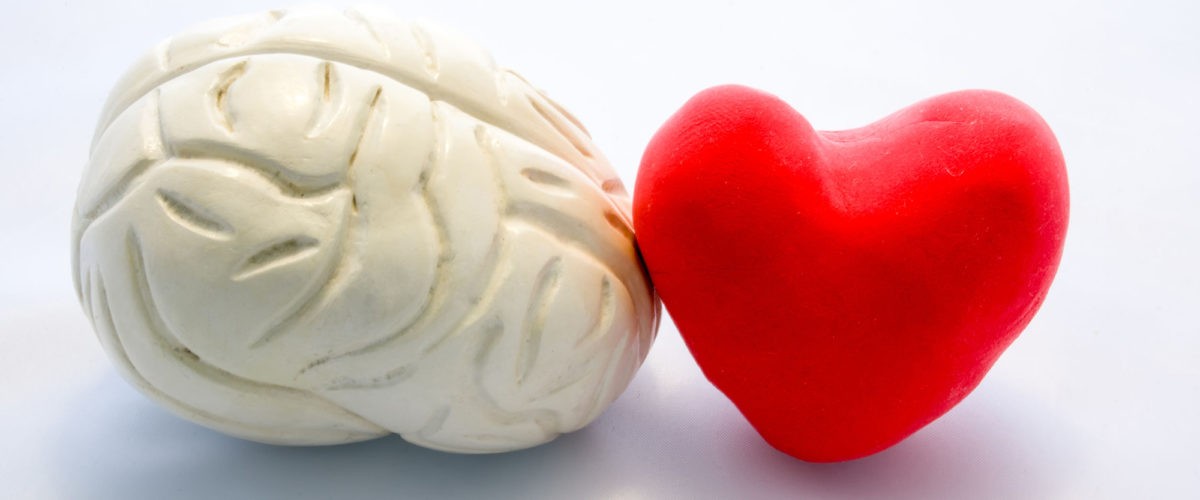There is a growing list of unacceptable people created by church folks who claim to speak for God. The list includes people who are queer, who are marginalized because of their race/ethnicity/gender, who lack political, social, economic power, who are elderly, who vary in physical and mental abilities, people who are migrating to new countries, and so many more.
I am exhausted by the spiritual calisthenics we use to prop up such closed-door practices. Excluding others does not purify our souls or move us closer to Jesus’ seat at the table.
With all the “thou shalt not” swirling around, I ask the question I learned from Cecil (Chip) Murray, a healing force in the mid-1990s Los Angeles riots. How do we “find a way to say yes”? How do we build an inclusive community that helps us love ourselves and others?

Paula Mangum Sheridan
I believe these two practices are inseparable. Our bodies are wired to be love machines.
How do we say yes to ourselves as a beloved child of God? It can be easier to deny our gifts rather than accept responsibility for the potential our talents bring. It takes courage to own up to the beauty inside us as we cultivate it and generously share it with others.
We are more at home when we feel safe with ourselves. We may not be safe everywhere, but we can learn to be safe in our body, mind and spirit. The Hebrews were on to something when they believed that the soul was in the bowels. If we fast forward to current neurobiology, we learn that our gut is one of several places where we sense emotions. Did you ever feel like someone hit you in the stomach when you got unpleasant news? It’s because you sense and feel emotions there.
Our bodies and our emotions are connected by the vagus nerve, the longest cranial nerve in the human body. “Vagus” comes from the Latin word “wandering” as it connects the brain stem to various parts of the body. We have a personal mind-body highway that makes it possible for us to sense all that mammals feel. Reptiles lack this high-tech wiring, so don’t stay mad when they never can be your best friend.
Psychiatrist Stephen Porges teaches us that the vagus nerve communicates through sensations primarily in our gut, but not the thinking part of our brain measured on an IQ test. The vagus nerve receives and communicates to our body when we sense danger and when we feel safe. It manages our body’s functions, working to keep us alert and alive.
Resmaa Menakem, author of the New York Times bestseller My Grandmother’s Hands, and a trauma therapist, calls it the soul nerve and concurs that it is vital to our health and well-being. The soul nerve is where we find our sense of belonging and connection with others. Humans are wired to belong. We injure others when we exclude them. We also harm ourselves when we block connections that are nurturing and beneficial.
“Maybe the Hebrews were ahead of their time. They sensed that our plumbing was key to compassion.”
We can offer a false sense of belonging that injures others. How do we know when we are in the wrong crowd? Your body can provide cues, alerting you to caution or soothing you when you are comforted. You may also be aware of belonging that energizes at the expense of others. Hazing, elitism and other forms of exclusion cost us in the end. We short-circuit our emotional and physical wiring system as we elevate and disconnect from others.
We can use our soul nerve to calm ourselves, feel comfort and activate when needed. We can work with our soul nerve to be a powerful tool in perceiving, feeling and regulating ourselves for comfort and not distress.
Maybe the Hebrews were ahead of their time. They sensed that our plumbing was key to compassion. We also have an alarm system that helps us fight, flee, freeze or fawn over others to survive. It’s all there. It gets damaged when we deny connections with ourselves and with others. It heals when we are with people who welcome us home.
We are fearfully and wonderfully made. Here is our chance to use our remarkable capacities for love to welcome ourselves and our neighbors home. The father who ran with abandon to his wayfaring son gave his child a more excellent gift than a fatted calf. He gave his heart and soul nerve to one who was starved for love.
Paula Mangum Sheridan recently retired from Whittier College as an associate professor and program director of the social work department. She is a licensed clinical social worker and supports voter accessibility and the rights of people without homes in her community.


